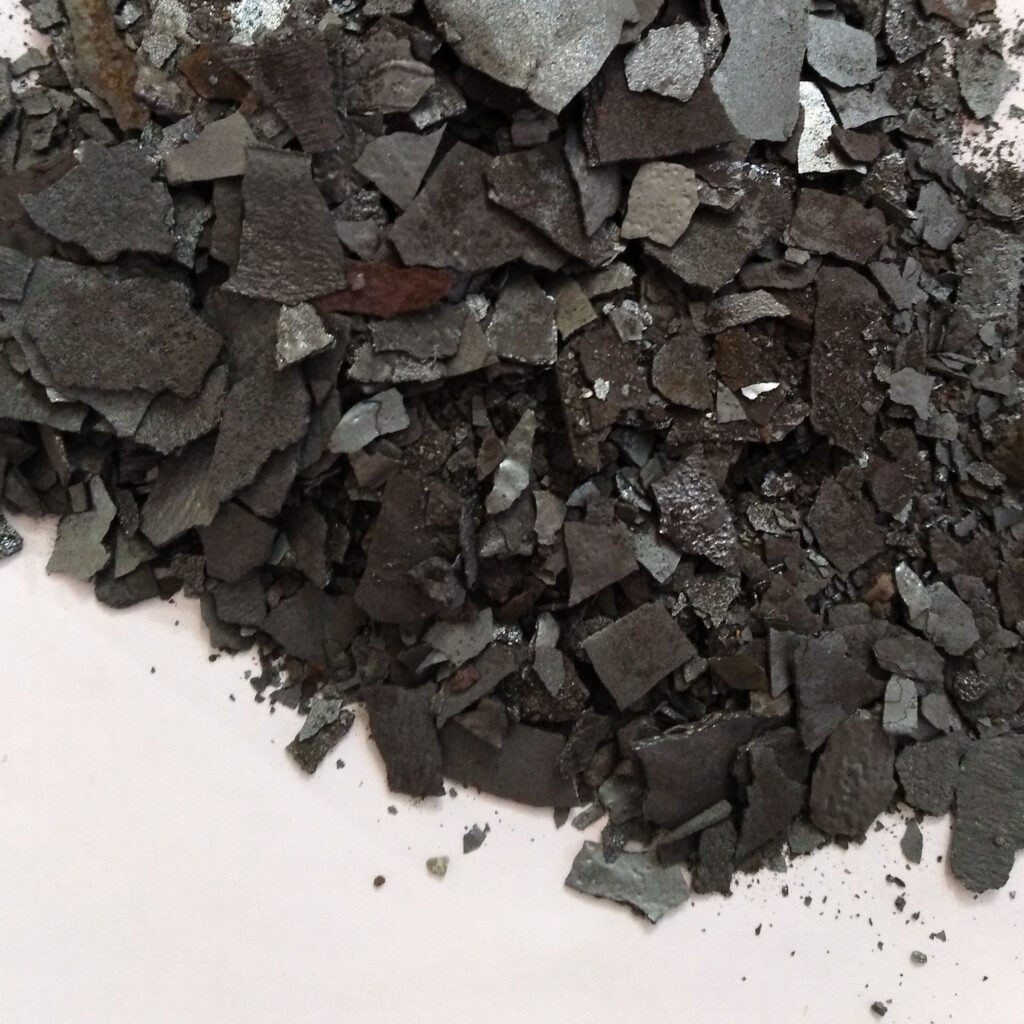Iron oxide shell is a versatile material that has garnered significant attention for its various industrial and commercial applications. Its unique properties make it a valuable resource in industries ranging from construction to environmental engineering. This article explores everything you need to know about iron oxide shells, including their properties, uses, and tips for purchasing, all while focusing on the keywords “Buy iron oxide shell” and “usage of iron oxide shell.”
What is an Iron Oxide Shell?
An iron oxide shell refers to a layer or coating predominantly composed of iron oxides. Iron oxides are compounds formed by the reaction of iron and oxygen, and they exist in several forms, such as magnetite (Fe3O4), hematite (Fe2O3), and goethite (FeO(OH)). These shells are commonly found in natural and synthetic forms and exhibit excellent durability, magnetic properties, and resistance to corrosion.
Iron oxide shells are widely used in various sectors due to their robustness, chemical stability, and environmentally friendly characteristics. The growing interest in sustainable and eco-friendly materials has further amplified the demand for iron oxide shells in numerous industries.
Properties of Iron Oxide Shells
Iron oxide shells possess several remarkable properties that make them suitable for diverse applications. Some of their key characteristics include:
1. High Durability
Iron oxide shells are highly resistant to wear and tear, making them an excellent choice for long-lasting applications.
2. Corrosion Resistance
The inherent corrosion resistance of iron oxide shells helps protect underlying surfaces and materials from environmental damage.
3. Magnetic Properties
Certain forms of iron oxides, such as magnetite, exhibit strong magnetic properties, which can be utilized in various technological applications.
4. Eco-Friendly
Iron oxide shells are non-toxic and environmentally sustainable, aligning with the global push toward green materials.
5. Thermal Stability
These shells can withstand high temperatures, making them suitable for applications that involve extreme heat.
Usage of Iron Oxide Shell
Iron oxide shells find applications across a broad spectrum of industries. Below are some of the prominent uses:
1. Pigments in Paints and Coatings
Iron oxide shells are widely used as pigments in paints and coatings. Their vibrant colors, ranging from red to black, add aesthetic appeal while offering excellent weather resistance.
2. Construction Materials
In the construction sector, iron oxide shells are used as additives in cement and concrete to enhance durability, color, and resistance to environmental factors.
3. Environmental Applications
Iron oxide shells play a vital role in environmental engineering. They are used in water purification processes to remove contaminants like heavy metals and arsenic.
4. Magnetic Applications
Due to their magnetic properties, iron oxide shells are utilized in the production of magnetic storage media, transformers, and various electronic devices.
5. Catalysis
Iron oxide shells serve as catalysts in chemical reactions, including the production of ammonia and the synthesis of other industrial chemicals.
6. Biomedical Uses
In the biomedical field, iron oxide shells are used for drug delivery, magnetic resonance imaging (MRI), and hyperthermia treatments due to their biocompatibility and magnetic properties.
7. Polishing and Abrasives
Iron oxide shells are also used as polishing agents and abrasives in metal finishing processes.
How to Buy Iron Oxide Shell
If you’re looking to buy iron oxide shell, there are several factors to consider to ensure you get the best product for your needs:
1. Identify Your Requirements
Before purchasing, determine the specific type of iron oxide shell required for your application. Whether you need it for construction, pigments, or environmental purposes, knowing your requirements will help narrow down your options.
2. Quality Standards
Ensure that the product meets quality standards and certifications. High-quality iron oxide shells will provide better performance and longevity.
3. Supplier Reputation
Buy from reputable suppliers with a proven track record of delivering quality products. Reading customer reviews and testimonials can help you assess a supplier’s reliability.
4. Price Comparison
Compare prices from different suppliers to find a cost-effective option without compromising on quality. Bulk purchasing may offer additional discounts.
5. Environmental Compliance
Opt for iron oxide shells that adhere to environmental standards and regulations. Sustainable and eco-friendly products contribute to a greener planet.
6. Technical Support
Choose a supplier that provides technical support and guidance. This can be particularly helpful if you are new to using iron oxide shells.
Future Trends in Iron Oxide Shell Applications
The demand for iron oxide shells is expected to grow as industries continue to innovate and seek sustainable solutions. Emerging trends include:
- Advanced Coatings: Development of nano-sized iron oxide shells for high-performance coatings.
- Renewable Energy: Use of iron oxide shells in solar panels and energy storage systems.
- Smart Materials: Integration of iron oxide shells in smart sensors and devices.
Conclusion
Iron oxide shells are an indispensable resource with diverse applications across multiple industries. From enhancing construction materials to revolutionizing environmental engineering, their versatility and eco-friendliness make them a preferred choice for modern applications.
If you’re planning to buy iron oxide shell, focus on understanding your needs, evaluating suppliers, and ensuring product quality. As the world moves toward sustainable and innovative materials, the role of iron oxide shells will continue to expand, offering exciting possibilities for future applications.
By exploring the usage of iron oxide shell and making informed purchasing decisions, you can leverage the benefits of this remarkable material for your specific needs.






